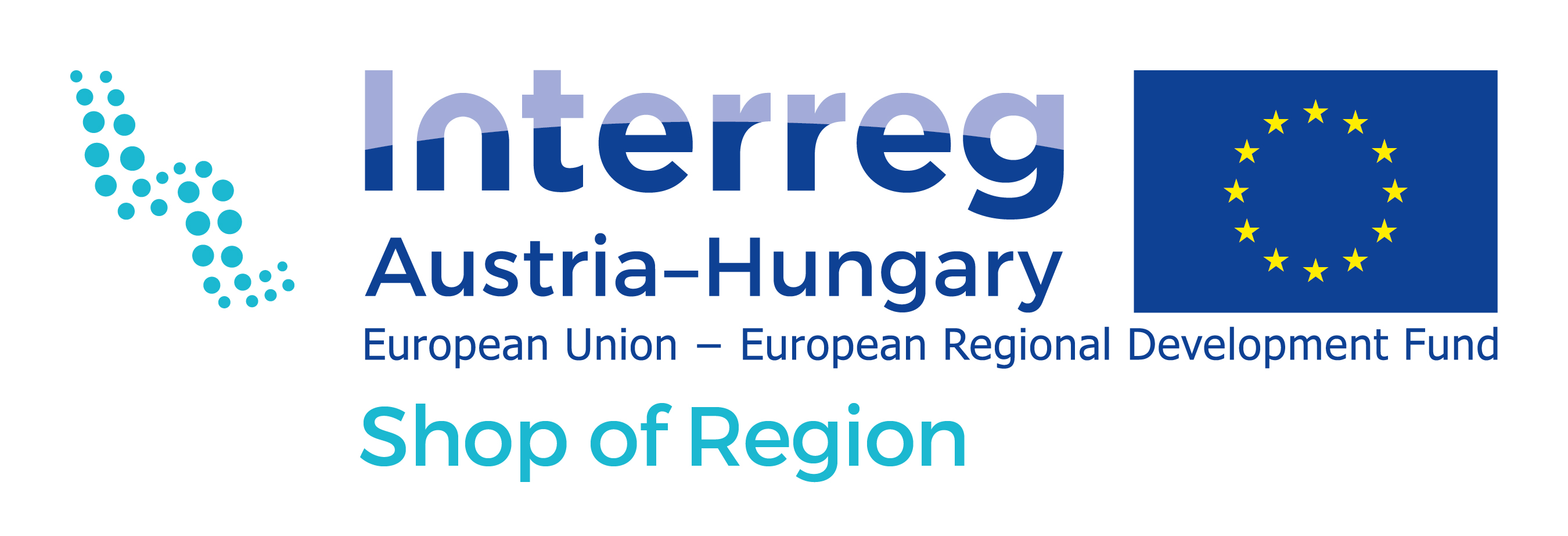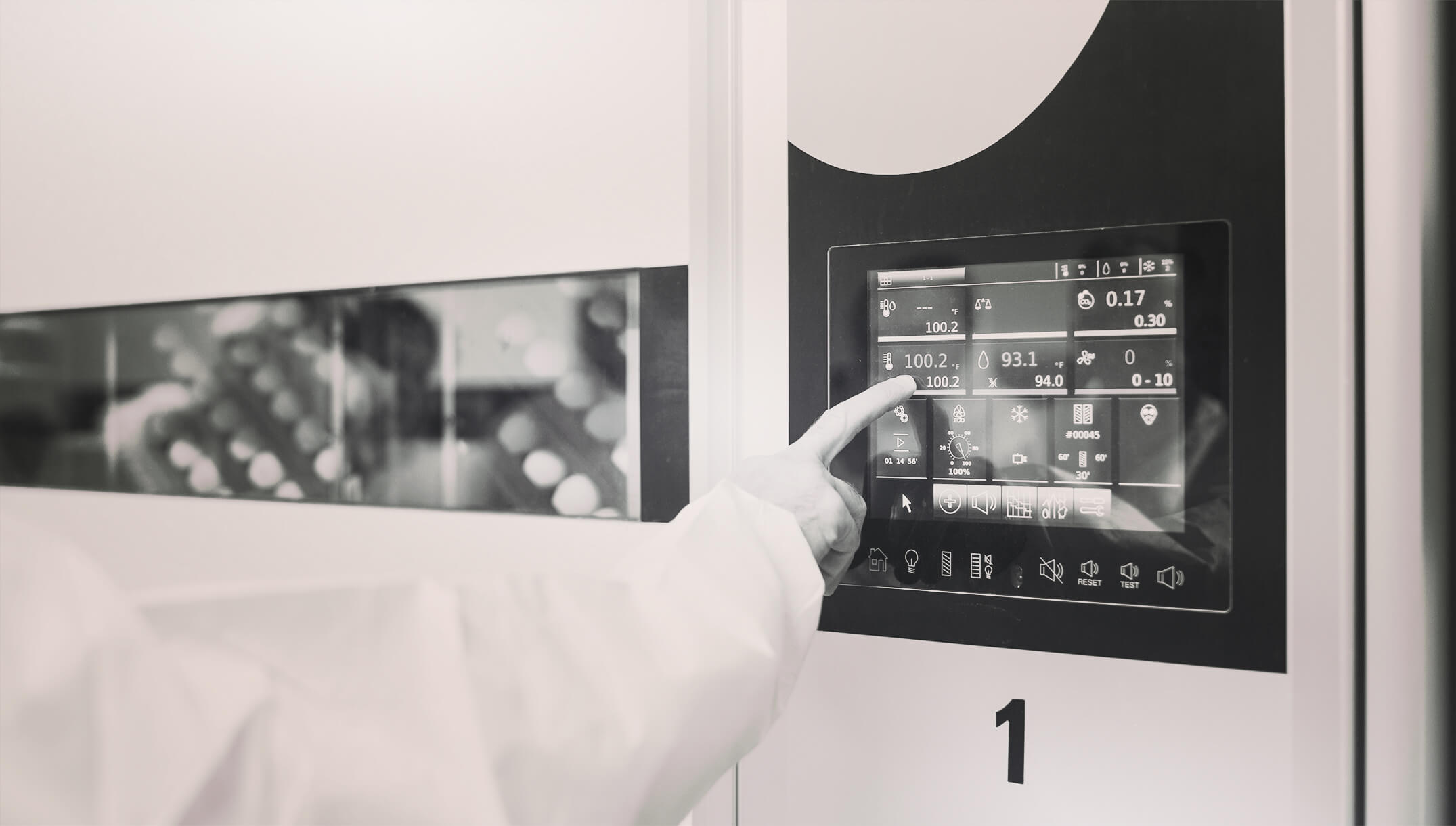Project content
Project summary

The border region between Austria and Hungary is rural and has a high proportion of businesses in the sectors of agriculture, food processing, gastronomy and crafts. The majority of these businesses have a small structure and are oriented towards the regional market. These businesses face two key challenges. Continuous migration to the large cities means that the regional market is becoming smaller and is often no longer sufficient for the survival of the business. The second challenge concerns structural change, which is driven by automation and globalization. Many products that were previously manufactured by small companies in the region are produced now somewhere in the world in large quantities at much lower prices. This is true for products in almost all industries. Regional producers have two options. Either they increase the number of units and reduce costs. Or they focus on specialty products with a higher price. However they align their future, there is one thing they must do in any case! They have to go beyond their own region and open up new markets. Today, most of the purchasing is located in large metropolitan areas such as Vienna, Graz, Budapest or Győr. However, most regional businesses have too few resources to be able to set up distribution structures there themselves. An alternative is offered by online trade, in which many have already invested. Online trade is well suited to selling products and brands to customers who already know them. Online trade is not suitable for products that customers do not yet know. Many traditional online traders like Amazon have therefore started to open physical stores themselves. Many customers want to try out products before ordering them online. If businesses in the region want to join a new market, they must therefore have a local presence!
Traditionally, there are 2 ways to enter new markets in metropolitan areas such as Vienna or Budapest, supplying outside stores and chain stores or starting your own store. Both are risky for small businesses. In the one case, one enters into foreign dependencies, in the other case, the danger is great that one will overtake oneself. A model is needed in which one's own interests are safeguarded without having to take the entire risk alone. In recent times, numerous new concepts have been tested to jointly sell products from regional producers in their own region. Based on this experience, the project is developing a bilateral model called "Shop of Region" that can also be implemented in large cities outside the region.
A "Shop of Region" is understood to be a store in which products and services from businesses in rural regions are jointly presented and sold. In this new model, the store is operated through a bilateral partnership of organizations and businesses. These join forces in an appropriate manner to operate the Shop of Region. All partner businesses have the possibility to rent a space of different size in the Shop of Region, where they present and sell their products and services from agriculture, trade and tourism. The fixed costs of the store are covered by fixed rental contributions from the partners for the presentation space they occupy. The partners in turn finance their share of the costs with the corresponding sales revenues of their offers. In order to enliven the store, it is continuously occupied by the individual businesses with various activities such as tastings, presentations, workshops and seminars. So the basic system is very simple. For a successful implementation, however, many details have to be clarified, which is guaranteed by the project at hand.


